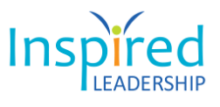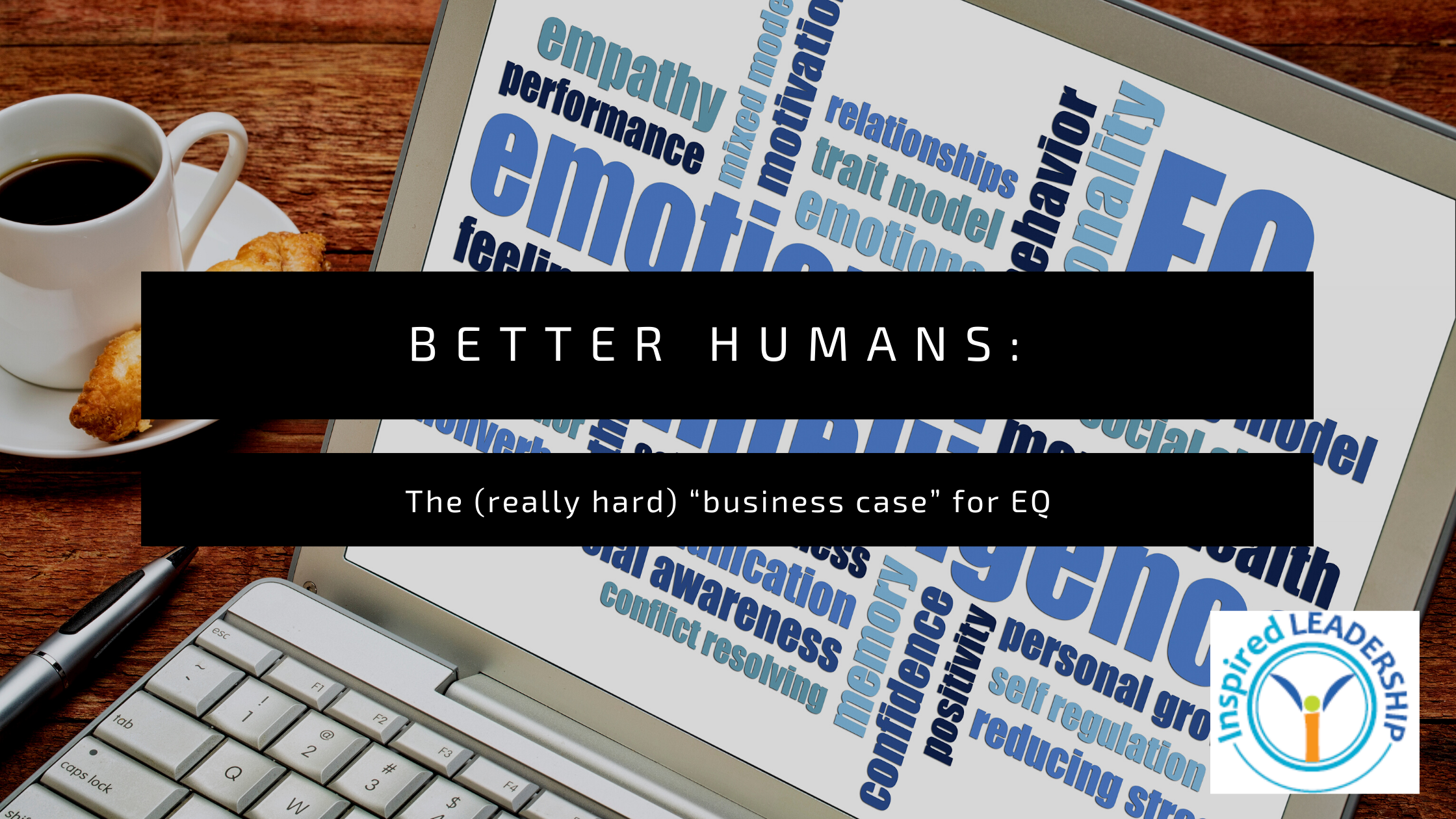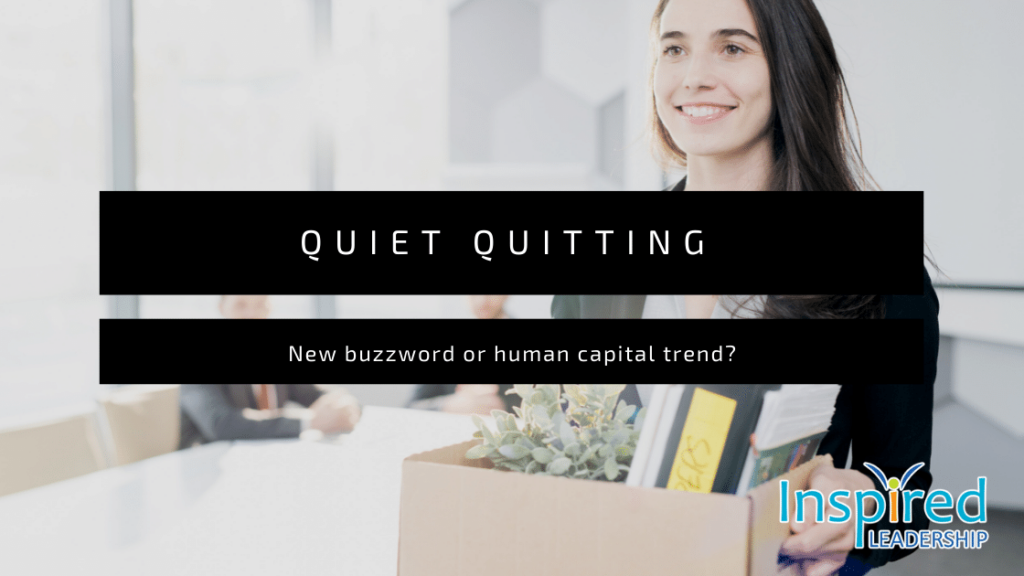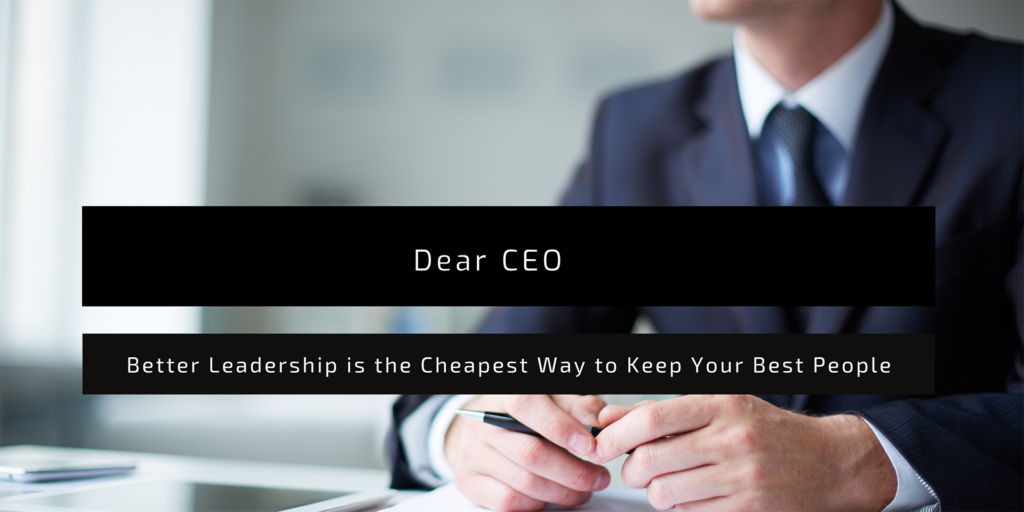The author, inspirational speaker, and leadership visionary Simon Sinek posted a video recently, which critiqued the use of the term soft skills. As a learning and development professional, this really spoke to a common bugbear of mine and pretty much all my HR-related colleagues. We used those scare quotes almost like a nervous tic because let’s face it: not only is the term “soft” skills somewhat unappealing (the word is associated with “fluffy”, weak or insubstantial), it’s arguably false advertising.
The problem with the term “soft skills” is:
- As Sinek points out, “soft” is inherently in opposition to “hard“. This creates a binary between two supposedly very different sets of competencies. Subconsciously, we assume the two don’t belong together. Worse, there’s an implied sense of rank: if hard skills help you get business done, soft skills are nice to have.
- It might suggest that soft skills aren’t hard, i.e. they aren’t difficult. This is ironic because most of us will admit that what we call soft skills are actually damned hard, specifically because soft in this sense means intangible or ungraspable.
In short, “soft” usually suggests messy and unmasterable at best, or unimportant at worst. The net effect is that people don’t want to go there. In other words, soft skills are a hard sell. Of course, this is not just a problem with semantics but, I believe, a reflection of the world’s general approach toward anything that doesn’t fit in a neat box.
The alternative to the term
Sinek’s solution was not to call them soft skills but “human skills”. Interestingly, one person’s comment in response to a shared version of the post was that the word “human” makes these skills sound too basic; they suggested that “soft” works because it acknowledges the nuance and finesse that define these competencies. Another person replied to this suggesting simply “people skills” as the best alternative. I liked “human” because it conveys both a sense of groundedness but also, well, humanity. Which, I feel, cuts to the heart of why we develop these skills in the first place.
What skills are we talking about? Essentially, these are the skills that help you get on well with others, generally function as a well-adjusted adult with a healthy sense of self, and ultimately flourish and realize your potential. All of which, I would argue, is underpinned by what we very broadly call emotional intelligence or EQ. What’s critical to highlight here is how much of these skills relate to self-awareness and -mastery; indeed, half of EQ is intrapersonal or internally focused. People skills go both ways, as it were.
If people skills, or human skills, are significantly related to EQ, does developing your EQ make you a better human? And, for our skeptical leaders and corporations, what is the value of making better humans, rather than simply better performers?
Developing human skills
In my past corporate life, when business unit HR teams came to us and said: “Our leaders need EQ training”, what we usually took this to mean was: “Our people are great at their jobs but they’re horrible with people”. Please fix the people’s problem, and they can get on with the job. Looking back, I wonder: What if not being horrible with people was a worthy goal in and of itself?
In the aforementioned video, to illustrate how “human” skills are just as valuable as any other competency, Sinek used the example of the US Navy Seals, who rank their talent on a sort of 2×2 matrix of performance and trust. Everyone, he says, can point to the person in the team who is basically a**hole; likewise, everyone can point to the person in the team who always has your back. Crucially, the latter may not be the top performer, but you'd choose them any day over the star performer who throws others under the bus.
On reflection, I noticed two things about the above: One, if we keep our binary lens on, we might subconsciously assume performance is separate from trust-building (back to the paradigm that soft skills are secondary, not core). Two, performance and trust are outcomes, not skills. This reminded me of a common ingredient in any EQ course introduction, which is the claim that “EQ is the number 1 skill differentiating the best leaders from the average ones”. The “why”, in this case, appears to be performance-based – but it doesn’t tell you the how.
Cognitive and emotional skills work together
The crux is that performance is made up of a combination of technical and human skills, know-how, and social competence. This is important, as Daniel Goleman (widely considered the father of EQ) himself emphasized that cognitive and emotional skills (or IQ and EQ, if you will) work together. They can’t be neatly separated in practice. And, more importantly, when we start to talk about trust and performance as the ultimate value-adds, this is the so-called “business case” for EQ.
What about the other, “softer”, the business case for EQ? If you consider what employees need in the age of Covid-19 and WFH, which basically means the age of social isolation, domestic and economic pressure, plus a high likelihood of personal loss, grieving, and general existential threat, I would say that being a better human is right up there with all other essential services to humanity. Personal feelings aside here are just one example to support why employees need their leaders to be humans at work.
Rising Resilience
In 2020, Aon released its Rising Resilience report. While the report is ultimately about the business case for having a holistic workplace wellbeing strategy, it highlights the importance of the human factors that enable people to perform and thrive in a changing landscape. Here are some of my interpretations:
EQ underpins workplace resilience
The report highlights three pillars of resilience:
- personal motivation and adaptability
- a fundamental sense of security, and
- a strong sense of belonging with the employer.
The first thing to notice is that motivation is also one of the five components of the EQ construct, at least in the original model. More importantly, the other two pillars are all arguably generated through connectedness, relationship building, and trust – in other words, interpersonal skills. And if these “human” skills lead to resilience, they will, in turn, lead to better adaptability, better growth, and hence better performance – not to mention commitment and retention (in the report, 79% of surveyed employees who felt a sense of security said they could see
themselves staying with their organization for the foreseeable future).
EQ underpins outperformance
You might argue that a sense of belonging is really just about the alignment of values, and security is simply about contracts and paychecks. In other words, I don’t have to get on with my colleagues, I just need to like the work we’re doing and agree with the terms and conditions. This makes the employment relationship essentially intellectual and transactional.
This may be enough for some people, and at certain life stages. But if organizations want genuine contribution, creativity, and innovation, there is enough organizational and neuroscientific research to show that real belonging and psychological safety lead to people bringing more to work.
EQ underpins humility
Besides all this, now more than ever, leaders need to recognize their employees as individuals because they frankly have no choice. Instead of bringing some version of themselves to work, individuals now have work coming to them in their own homes – leaders included.
Lockdown to me is a great leveler: with everybody compartmentalized by home offices and Zoom cameras, you can only hide so much (conversely, work from home is a leveler because, as a colleague pointed out, you can hide a great deal, including how tall you are in real life! This creates a sense of everybody being on equal terms, as opposed to the typical power play in a physical board room). There is, in turn, a greater sense of vulnerability and a need for the humility that comes with recognizing our common humanity, as we struggle in our different metaphorical boats in the same sea of a global pandemic.
Aon’s research suggests that a sense of job insecurity is not just about the economic environment, but in fact somewhat more about employer-controlled factors that may sound familiar to anyone who has conducted an exit interview: “[I feel] my employer is not invested in my future”, “My company has a culture of firing people”, and “I cannot talk to anyone at work about issues I am facing” being some examples.
Personal mastery and connection are the objectives
Both from research and company surveys on the one hand, and our own intuition, on the other hand,
we know:
- If organizations don’t support their people’s mental health, people will leave.
- If leaders don’t recognize people as individual human beings, people will leave.
- And if people don’t feel safe to take risks, question leadership, or suggest new ways of doing things, they just won’t give their best. And they might leave.
From a personal perspective, I find it helpful to consider that EQ is not a goal in itself; rather, the ultimate objective is personal mastery and connection. Mastery of self and becoming a better human are both never-ending journeys; they even seem the same if we recognize that we become better selves both through and for other humans. An essential part of the journey is appreciating how each of us is a different human being, which is critical to understanding what “better human” means: rather than “better than”, perhaps “better for” and “better with”.
About the Author
 Fran Chevalier is an Inspired Leadership Associate and freelance Learning and Development consultant, content creator, writer, and mindfulness practitioner. Her professional background is in organizational psychology, leadership and young talent development, program design and management. Contact her for the design and facilitation of solutions focusing on developing leadership and communication skills, self-mastery, resilience and change agility, wellbeing, and mindfulness.
Fran Chevalier is an Inspired Leadership Associate and freelance Learning and Development consultant, content creator, writer, and mindfulness practitioner. Her professional background is in organizational psychology, leadership and young talent development, program design and management. Contact her for the design and facilitation of solutions focusing on developing leadership and communication skills, self-mastery, resilience and change agility, wellbeing, and mindfulness.
Fran is a musician, blogger, runner, lover of the arts and the outdoors, and a big fan of “slow” travel (hiking and bicycle touring).
fran.chevalier@gmail.com; LinkedIn: Fran Laenen




